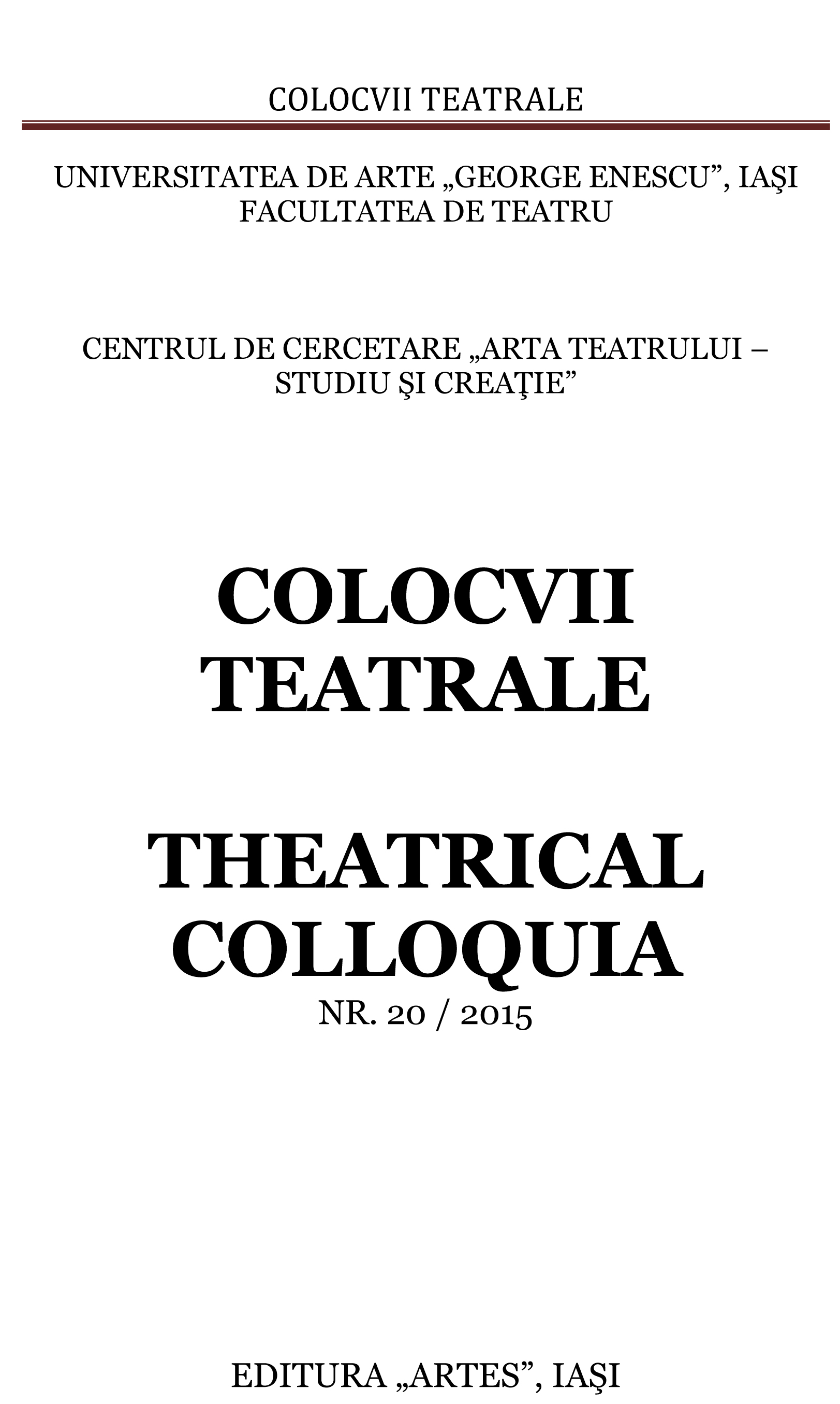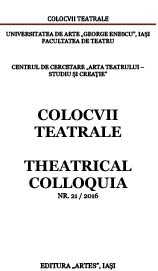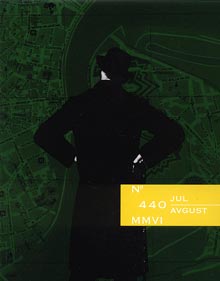
The Dread of Wrong: Working on Role Playing Main Mistake
Spaima de greşeală: principala greşeală în lucrul la rol
Keywords: the actor’s art; theatrical pedagogy; William Shakespeare
Abstract: An acute problem which can be observed on many acting school students, as in many actors with little experience, is the fear of error, it being the main source of contraction on the stage. In the process of elaboration of a role, or when it comes to even a simple fragment of a text, often appears the insecurity and fear of own senses.There is a risk that this openness, this fear of mistake to persist even after graduation. Of course, the things are very much depending on the pedagogical tact, not excluded that the fear of a mistake to have being born of an exaggerated authority of the teacher. When the student is inoculated with the idea that its execution is, in one way or another, lower net requirements, he will inevitably get to lose confidence on its own forces. All this will happen even and if it is suggested that there is no room for mistake (here we refer to cases in which impromptu exams are held in the form of the show, acquiring the character preset from rehearsals much too strong, sometimes even up to forgetting a basic purpose of improvisation: the acquisition of scenic spontaneity. But, needing even here a specific work unity, we will refer to fragments from the work of a single author, which, for reasons which will be explained below, we consider ideal for exercises of adaptability and scenic character of the compositing: William Shakespeare.
More...


